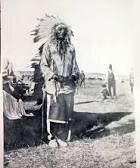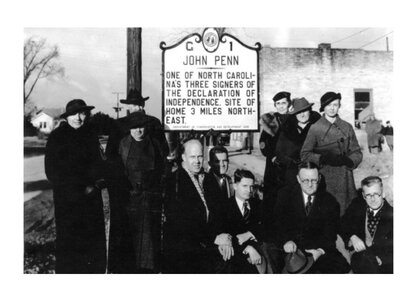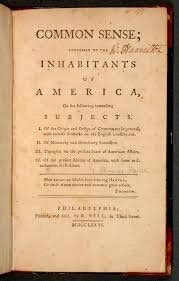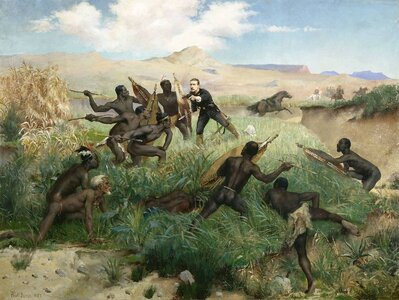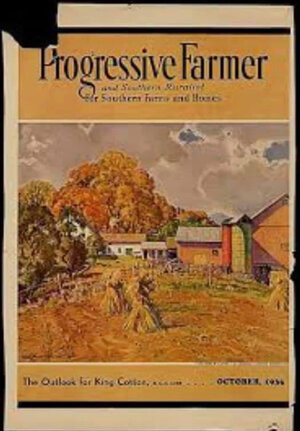
Until 2015 I had a subscription to ‘The Progressive Farmer Magazine.’ My father held one until he died and my mother continued the subscription until she passed in 2012. She also carried TPF’s much more successful companion publication for women, ‘Southern Living.’ I’m pretty sure that my Grandpa Dunn kept ‘TPF’ most of his life as well, certainly his elder years. I loved it as a boy for the beautiful glossy photographs of cows, horses, and oh-so-familiar scenes of the southern countryside. It mirrored the life I was living in very attractive and alluring imagery.
Deddy surely gained from the articles about feed, fencing, and farm futures. It was only many years later that I learned that there had once been a political side to the magazine. It was a bit if a ‘doh’ Moment frankly - after all, right there it was in the title - Progressive. The politics carried by ‘TPF’ was not progressive in 100% modern terms. Yes, it stood for education, healthcare, science, good roads, and investment in infrastructure, but there was also at times a Boll Weevil Democrat side to the promoted policies. It was, for the time it took political stands, essentially segregationist for years with a transition to ‘gradualist’ on issues of race.
Clarence Poe was the editor from 1899 until 1954 of ‘TPF.’ I believe that sometime in the late 1950s the political edge receded and the magazine backed away from that early 20th century Southern Democrat worldview. Indeed, at that time it left behind the political altogether. Whether ideology was in play or not I suspect there was a little homeland of my birth partisanship in the love of the magazine in #DeepChatham. You see, Poe, who became the editor at 18 and owner at 22, was from Chatham County. Born and raised near Gulf, Poe began working on the magazine at 16. He turned down a scholarship to Wake Forest College at 18 to run the magazine.
For over half a century Poe, self-taught and a natural writer, was one of the most influential voices in the region. Imagine for a moment that he promoted cooperative marketing, much in the mold of the old Farmer’s Alliance, and the label of Progressive is more understandable. Indeed historical context is important to understanding how the working class of the South found New Deal policies, also cooperative and collectivist in so many facets, attractive.
I think on what might have been had white people in the region not been hoodwinked into the continuing embrace of racism against their own best working class interests. But that’s an old, old song sung very effectively by Southern elites from the antebellum period of enslavement and beyond. Sadly that tune resonates far too loudly for far too many white workers to this day.
Poe also wrote books. His sense of humor was wry and quite rural southern evidenced by the title of his autobiography, ‘My First 80 Years.’ His growing-up environment was a key part of his identity and approach to understanding the world. He also penned, ‘Southerner in Europe: being chiefly some old world lessons for new world needs as set forth in fourteen letters of foreign travel,’ True Tales of the South at War,’ and “Where Half the World Is Waking Up.”
It was #OnThisDay (Jan.10) in 1881 that Clarence Poe, the epitome of what author Rob Christiansen has dubbed, ‘The Paradox of Tar Heel Politics’ was born.
Progressive Farmer Editor Clarence Poe Born




